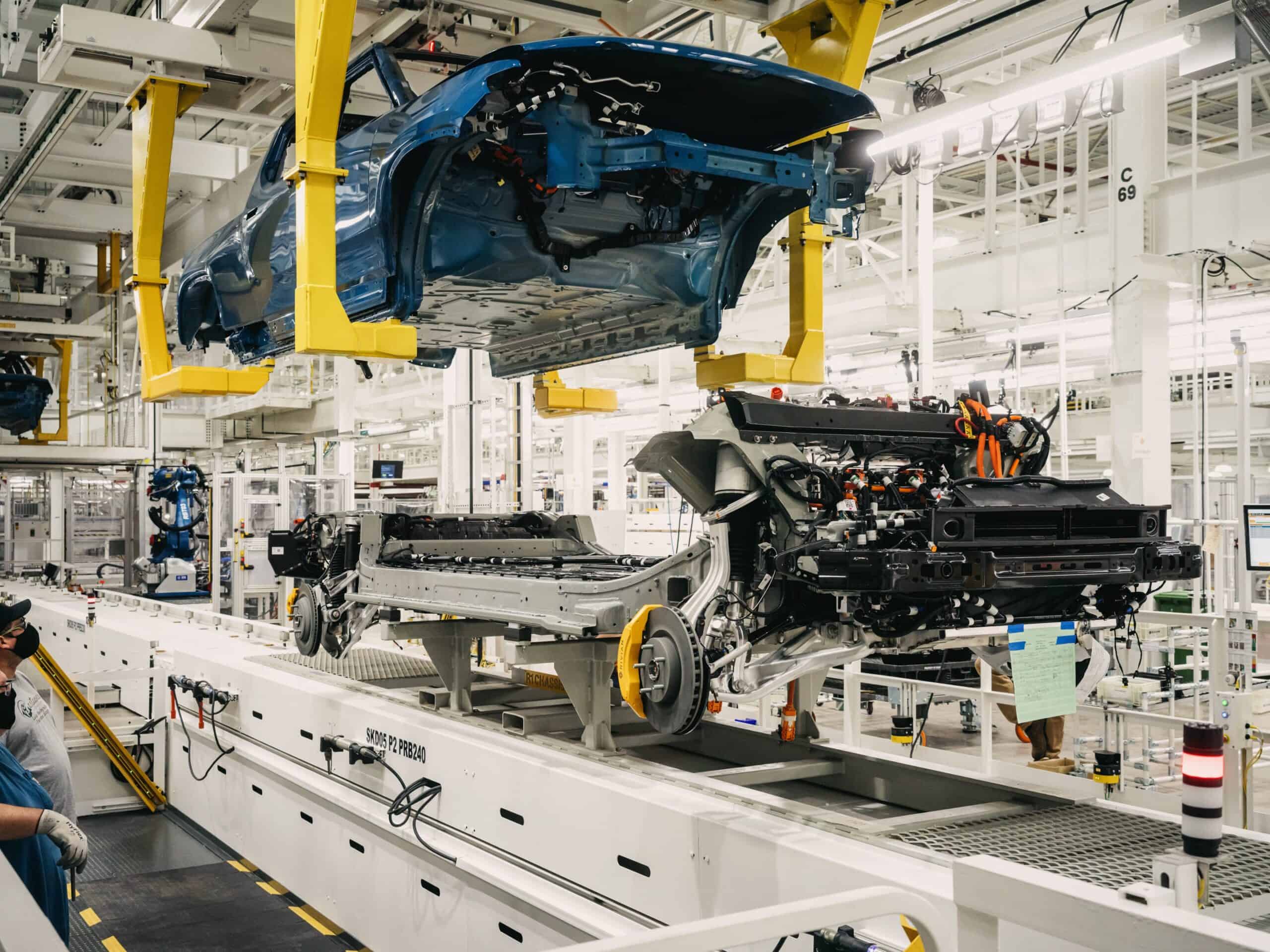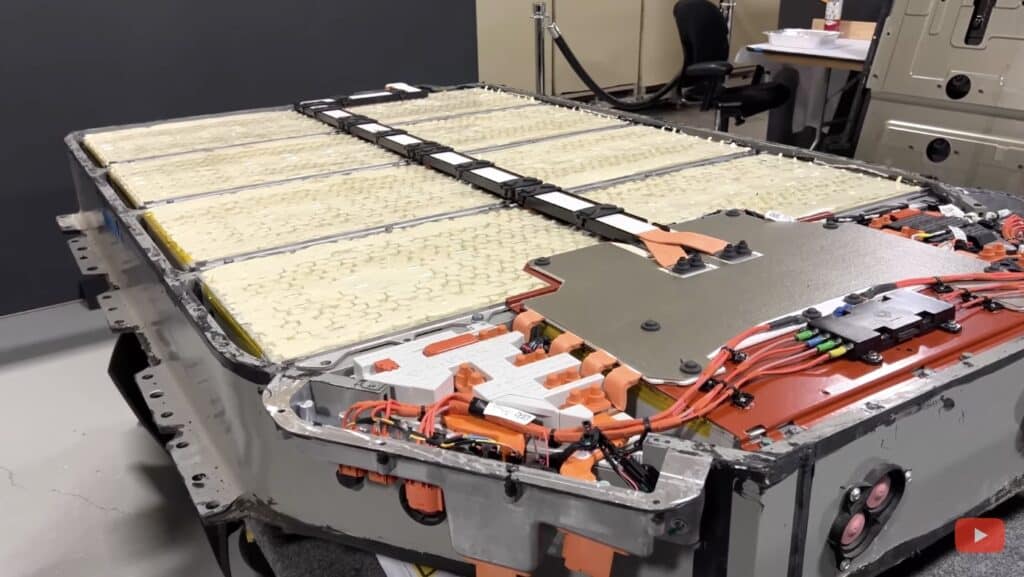EV Fire Safety and Dispelling the Misinformation

A recent fire at Rivian’s plant parking lot in Normal, Illinois, has reignited debates about the safety of electric vehicles (EVs), particularly in terms of firefighting. Misinformation has spread, suggesting that EVs require special chemicals to extinguish fires, but this is not accurate.
The fire, which occurred on August 24, 2024, caused damage to several vehicles but was swiftly brought under control by the Normal Fire Department, with no injuries reported. The cause of the fire is still under investigation, but it’s crucial to address the misconceptions that have surfaced in its wake.
“There are many rumors that EV fires cannot be extinguished, or that we have to use specialized chemicals or foam to extinguish them, and that simply isn’t true,” Matt Swaney, public information officer for the Normal Fire Department told PC Magazine in a recent interview.

While electric vehicles differ from internal combustion engine (ICE) vehicles in some aspects, they are not inherently more dangerous when it comes to fire safety. Both EVs and ICE vehicles can catch fire, and in both cases, standard firefighting techniques are effective. The misconception that EVs require special extinguishing chemicals likely stems from concerns about lithium-ion batteries, which power most EVs.
One specific concern often raised is thermal runaway—a chain reaction within a lithium-ion battery where increasing temperatures can lead to a fire. However, modern EVs are designed with sophisticated battery management systems that monitor temperature, voltage, and other factors to minimize this risk. Even if thermal runaway does occur, firefighters are trained to manage it using water, which is effective at cooling the battery and preventing the fire from spreading to other cells.
It’s important to emphasize that water is the primary extinguishing agent used for EV fires, just as it is for ICE vehicle fires. The notion that EVs need special chemicals is a myth. Fire departments have the necessary tools and training to handle the unique challenges posed by EV battery fires, including thermal runaway scenarios.
The fire at Rivian’s facility did not spread beyond the parking lot and involved no hazardous materials that required special treatment. The quick and effective response by the Normal Fire Department underscores that emergency services are fully equipped to handle EV fires with their existing resources.
The belief that EVs are more prone to fires or that they require special firefighting methods is largely unfounded. Research has shown that EVs are no more likely to catch fire than traditional vehicles, and when they do, the risks can be managed with standard techniques. The incident at the Rivian plant serves as a reminder of the effectiveness of modern firefighting strategies and the continued safety of electric vehicles.
